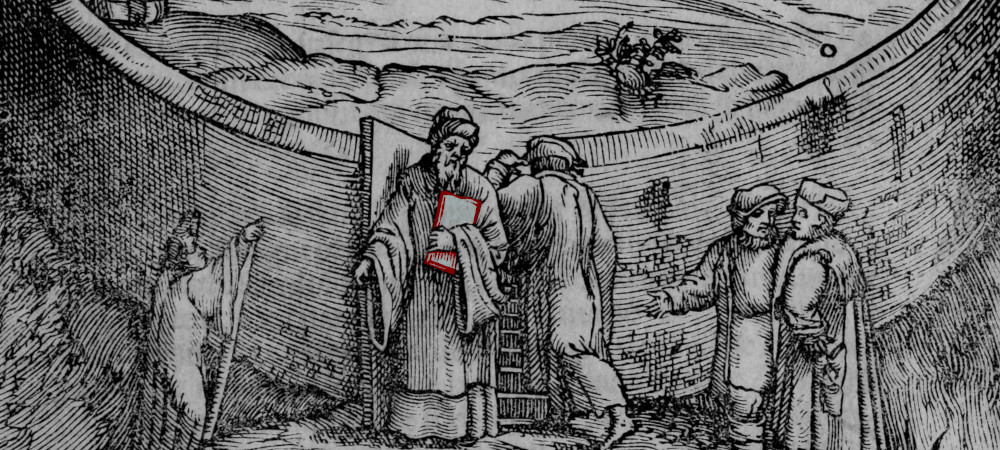It is easy to think that the incremental move away from bare survival in the woods is a move away from nature. But culture is natural to man because human nature is to cultivate, in all the senses of that word’s root, the Latin word colo: to till the soil, to reap the fruits, to inhabit the same estate generation after generation, to devote oneself to the perfecting of something beautiful, to worship. Man is the cultural animal. We are Homo Colens.
An exploration of the concepts of personhood, personal identity, and personality in Dietrich von Hildebrand’s Liturgy and Personality, presented at the Hildebrand Colloquium on the Sacred, Catholic University of America, October 2021.
If any people in history knew it, the Romans knew how to be serious over serious things. Next to the cultured poets and philosophers of Athens, the Romans saw themselves as a race of soldiers and farmers. The religious rites that Numa instituted early in Rome’s history cultivated a deep reverence for ancestry and custom, for bonds between neighbors, and for those boundaries that designate and hallow sacred ground.
This essay attempts to resist a tempting line of interpretation of a key passage in Plato’s Alcibiades, which some have read as saying that the highest aspect of the self is strictly identical with God. The essay was originally published in The International Journal of the Platonic Tradition (June, 2022).
This essay discusses the origins of the concept of person as irreducible to nature that we see in a characteristic passage in Dietrich von Hildebrand’s Transformation in Christ in the Trinitarian conception of ὑπόστασις as it emerges in the fourth century. The essay was originally published in Questiones Disputatae (Vol. 10, No. 1).
Questiones Disputatae ran a special issue on contemporary engagement with the philosophy of Dietrich von Hildebrand in 2020, which I edited (Vol. 10, No. 1). This is the volume’s introduction.
A response to Robert Hartman’s proposal that Molinism provides a solution to Peter van Inwagen’s Rollback Argument. Presented to the Society of Christian Philosophers, Trinity College, March 2014.
An examination of the claim that the Good is “beyond being” in Republic VI. Presented to the Society for Ancient Greek Philosophy, Fordham University, October 2013.
A modest proposal for rethinking the dichotomy between temporalism and atemporalism with respect to God’s eternity. Presented to the Society of Christian Philosophers, Georgetown University, April 2013.
